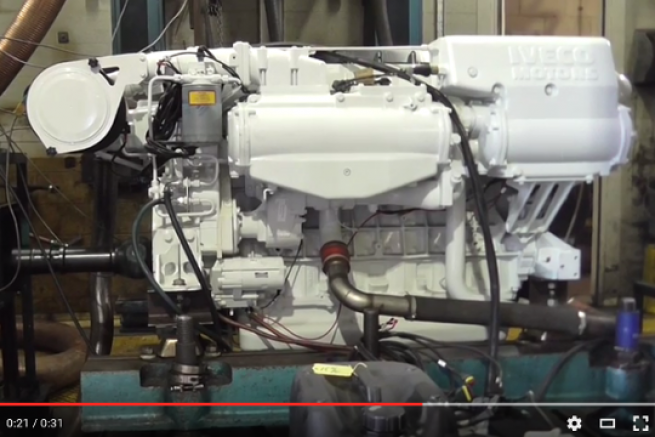Regulatory issues
Environmental standards on marine engines are becoming increasingly stringent, particularly in terms of particulate emissions. IMO regulations have established SECA areas where sulphur emissions are drastically limited, resulting in major modifications to commercial vessels. Similarly, standards on recreational engines will have to evolve rapidly, becoming ever more stringent on Nox, Sox, CO 2 and fine particles. With its new fuel, Cleanfuel intends to respond to this problem
A simple and adaptable system
The solution proposed by the British company is to use a diesel oil emulsion. Although attempts to add water to diesel have already been made, they have encountered two problems:
- Fuel stability
- The phenomenon of micro-explosions
By working at a nanometric scale, Cleanfuel asserts that its process makes it possible to obtain a stable fuel, not subject to uncontrolled explosion phenomena.
The fuel can be used by all current diesel engines, with minor adaptations. Water can possibly be obtained directly by an on-board desalinator.
Performances
Cleanfuel announces the following performances :
- NOx reduction of 60
- 90% reduction in fine particles
- Engine temperature reduced by 6-7 degrees
- Better fuel combustion than conventional diesel
Full scale test around the world
After successful bench tests, the Cleanfuel technology is to be tested during Team Britannia's round the world record attempt. Commercialization is announced in 2016.
If the solution remains based on fossil fuels, it can be an interesting ecological transition element.















